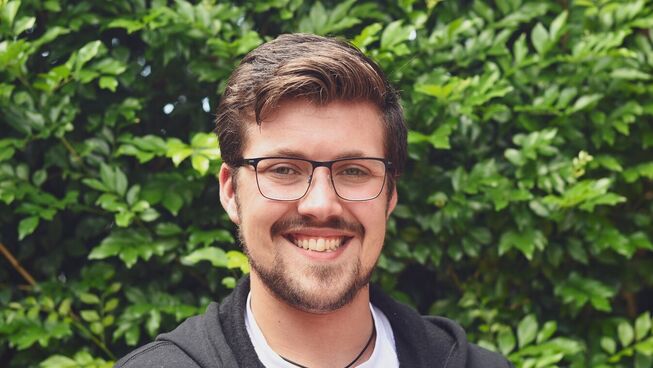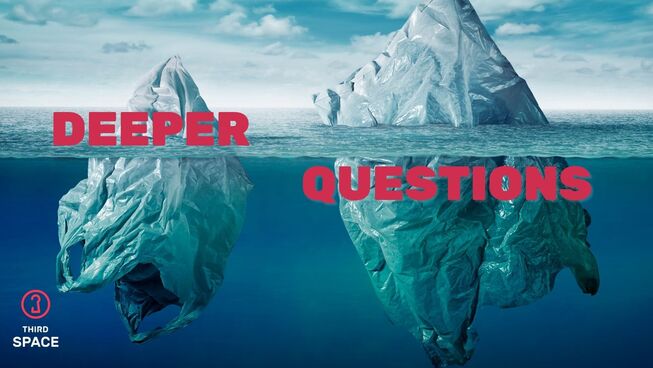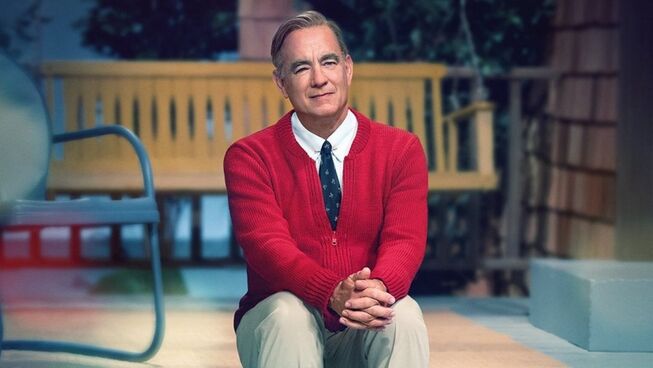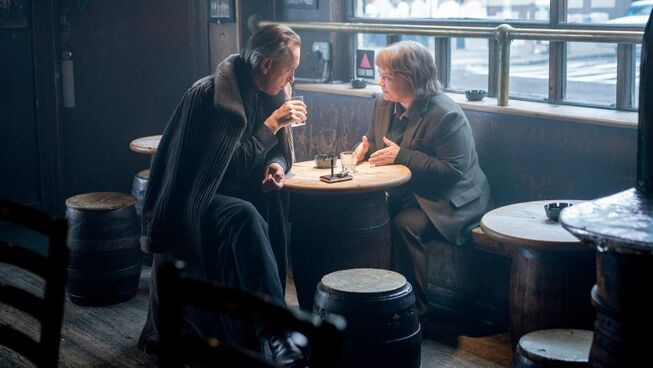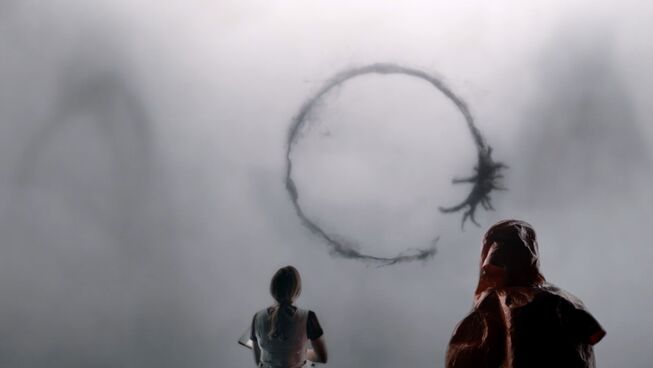
⭐️ ⭐️ ⭐️ 1/2 (out of 5 stars)
Amy Adams is a six-time Academy Award nominee with many additionally acclaimed screen credits. But her latest films have not garnered the same acclaim as her earlier work. Her latest film seems like a bizarre choice for a career comeback, with a taboo title and an even stranger concept. Yet, the film is directed by Marielle Heller, whose two previous films, Can You Ever Forgive Me and A Beautiful Day in the Neighborhood both garnered strong reviews and Academy Award nominations, which should be enough to point towards the actual quality of the project.
Based on Rachel Yoder’s acclaimed debut novel (Best Book of the Year by Esquire and Vulture, 2021), this witty, hairy adaptation follows a nameless mother (Adams), who is a former artist turned suburban housewife thrown into the stay-at-home routine of raising a rambunctious toddler, as she becomes increasingly aware of the bizarre yet undeniable signs that she may be turning into a dog. But far more than a werewolf flick, the film sinks its teeth into the primal power deeply rooted in motherhood, making it a comedy for women and a documentary for men.
Trailer contains mature content
Empathetic, absurd and feral, Nightbitch takes its odd premise and delivers a heartfelt examination of the pain and privilege of maternity with a fantastic Amy Adams and a script sizzling with raw primal polemics around motherhood, femininity and identity sure to resonate with its target demographic, and those externally as well. Amy Adams is credited only as “Mother”, and Scoot McNairy is credited only as “Husband” for director Marielle Heller to make the movie as metaphorically impactful as possible. It doesn’t strip either of identity, but rather, that choice helps represent the ideas of the experience of parenthood as communal and shared. This makes for an intense finale that shows how both the mother and father change and see there’s value in modern ideas of parenting. Parenting chaos is hereditary, and it’s expected to seek a break from the insanity that being a parent can cause.
One particular monologue summarises the film well - Giving birth is one of the most violent things. It rips its way out of us, literally tears us in two, in a wash of great pain and blood and shit and piss. If the child does not enter into the world this way, then it is cut from us with a knife. The child is removed, and our organs are taken out as well before being sewn back inside. It is perhaps the most violent experience a human can have aside from death itself." And yet, a mother deeply loves, cares for and defends her child - even when it has committed this violence against her - because the primal maternal instinct cannot be denied. The film runs with this primal premise to explore the mothers' deeply felt experience, forming a collective consciousness of empathy and compassion. Comedic and deeply compassionate – not a film to judge by its title.
REEL DIALOGUE: The beauty of motherhood
Another noteworthy monologue in the film occurs during a mothers' group at a local library. Adams launches into a soliloquy about how mothers are 'gods' who create life. It's a powerful image, to be sure. But it also places all of the creation responsibility on the womb, which forms the bones and blood of babes.
But the Bible teaches that, whilst motherhood is undeniably important and deeply valuable, God is the one who forms the inmost parts of all beings – in the mother's womb. Mothers participate in something deeply intimate with God – the act of creating life that is made in His image. Do you know this intimate Creator God who intimately knows you?
"For you formed my inward parts; you knitted me together in my mother's womb. I praise you, for I am fearfully and wonderfully made. Wonderful are your works; my soul knows it very well." Psalm 139:13-14
